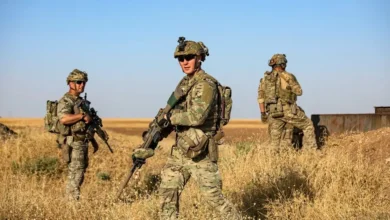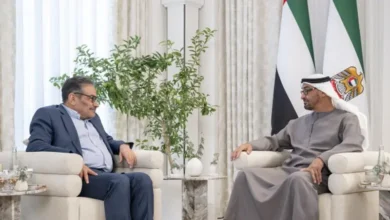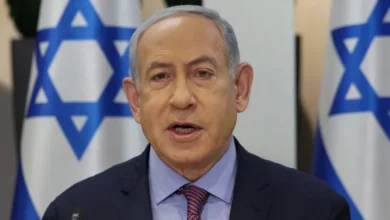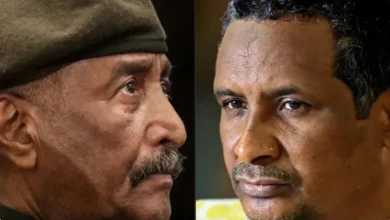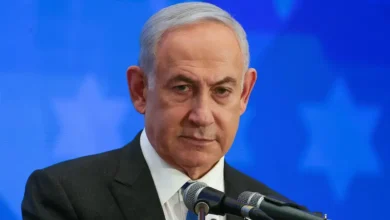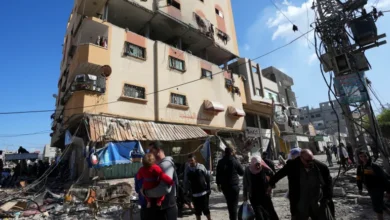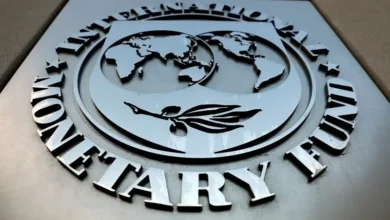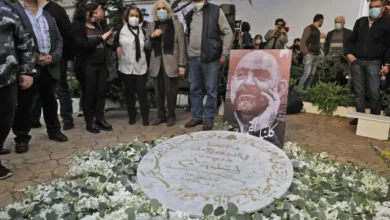US, Israeli officials hold virtual meeting on Rafah invasion alternative
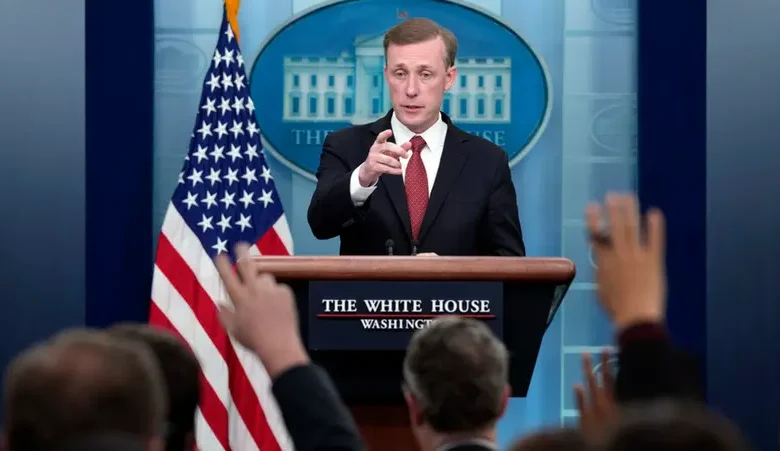
Senior US and Israeli officials held a virtual meeting on Monday to discuss the Biden administration’s alternative proposals to an Israeli military invasion of Rafah in the southern Gaza Strip opposed by Washington.
A US official said the meeting was over and a written statement about it was expected later.
President Joe Biden has urged Israel not to conduct a large-scale offensive in Rafah to avoid more civilian casualties among the Palestinian population in Gaza, where Palestinian health authorities say more than 32,000 people have been killed.
White House press secretary Karine Jean-Pierre said the United States has made its concerns known about any major ground operation in Rafah, the last relatively safe haven for more than 1 million displaced Palestinian civilians.
“If they are going to move forward with a military operation, we have to have this conversation,” Jean-Pierre said at a briefing. “We have to understand how they’re going to move forward.”
She told reporters national security adviser Jake Sullivan would lead the discussions on the US side.
Israeli Prime Minister Benjamin Netanyahu called off a planned visit to Washington last week by a senior Israeli delegation after the US allowed passage of a Gaza ceasefire resolution at the UN on March 25, marking a new low in his relations with President Joe Biden in the six months of war.
Two days later Israel asked the White House to reschedule a high-level meeting on military plans for Rafah, officials said, in an apparent bid to ease tensions between the two allies.
The United States, concerned about a deepening humanitarian crisis in Gaza, wants Israel to consider alternatives to a ground invasion.
Israel’s retaliation began after an Oct. 7 attack in which Hamas militants breached the Israeli border to kill 1,200 people and take 253 hostages, according to Israeli tallies.
The offensive has decimated parts of the small coastal enclave, including hits on hospitals and infrastructure, and has created severe food shortages among the largely displaced population.

